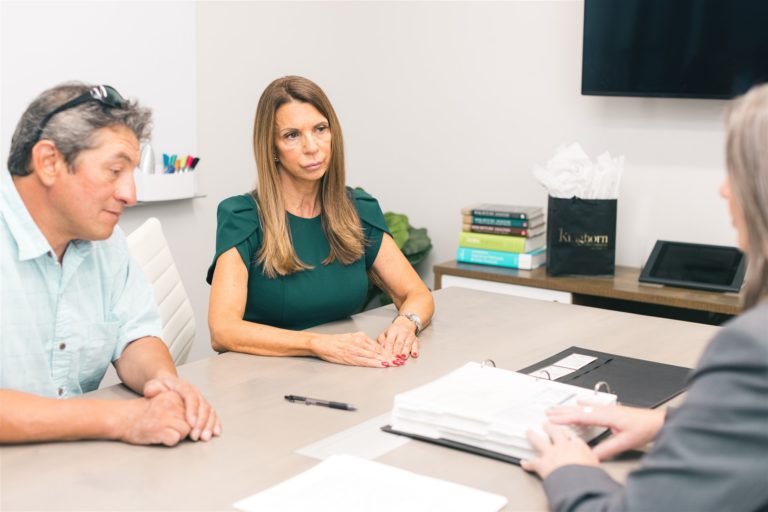Do You Need a Power of Attorney?
If you do not want a judge in court deciding what happens to you and your assets, you need a power of attorney.
Anyone, of any age, could become involved in an accident or could suffer some type of unexpected medical emergency, like having a stroke or a heart attack. If you are taken to the hospital and cannot communicate your decisions on medical care, someone is going to need to make choices for you on important care decisions.
If your accident or illness leaves you impaired and unable to make decisions on a temporary or permanent basis, someone will also need to step in and start managing your affairs. Someone is going to need to take care of your property and assets, decide where you live, and decide how you will be cared for.
If you make a power of attorney, you get to be the person who decides who makes your decisions and manages your assets. If you don’t make a power of attorney, then the court gets to decide who is in charge. That person might not be someone you would have trusted or someone who shares your views on medical choices and asset management. This is a bad situation, as your future will be in the hands of whomever the court feels is appropriate.
Powers of attorney have limitations, though. They are only valid while you are alive, and therefore do nothing to help with the administration of your estate. In addition, no one is required to accept your financial power of attorney. It is not unusual for financial institutions to refuse to accept a power of attorney. If a power of attorney is not accepted, you may be required to go through the guardianship or conservatorship process.








